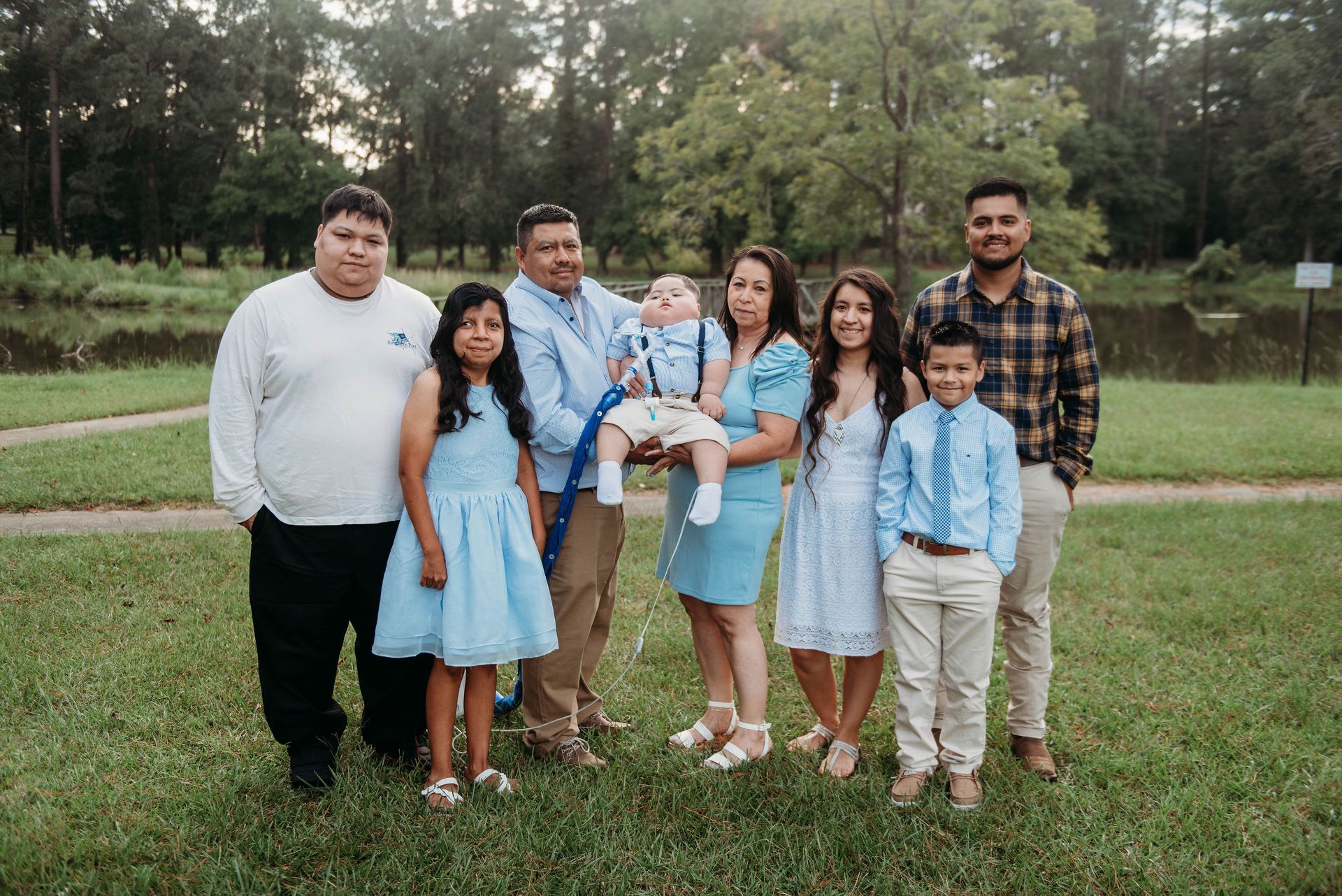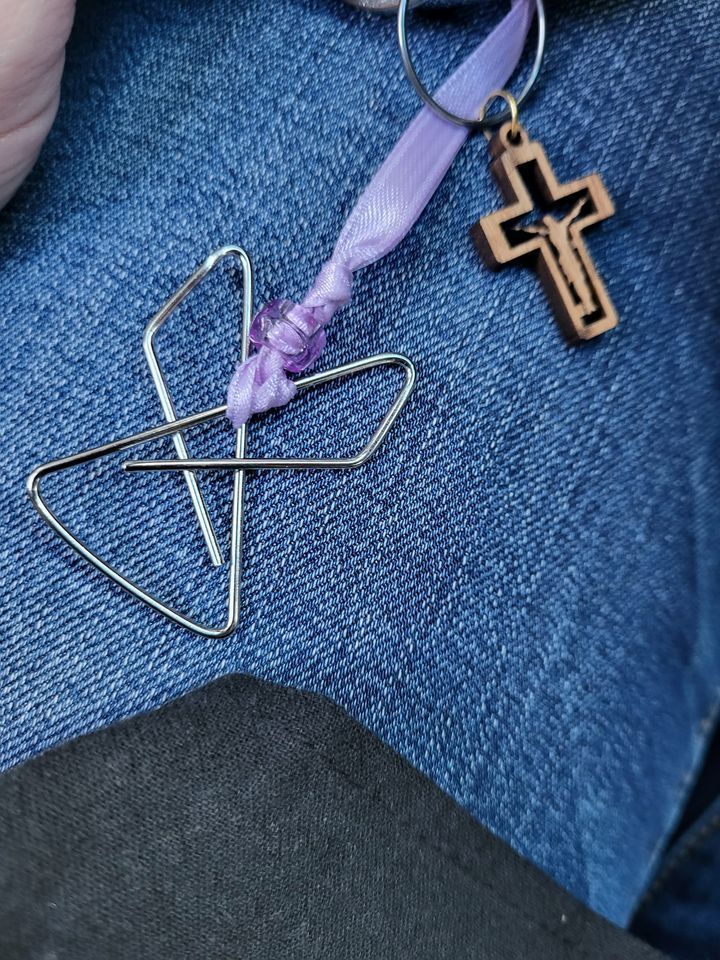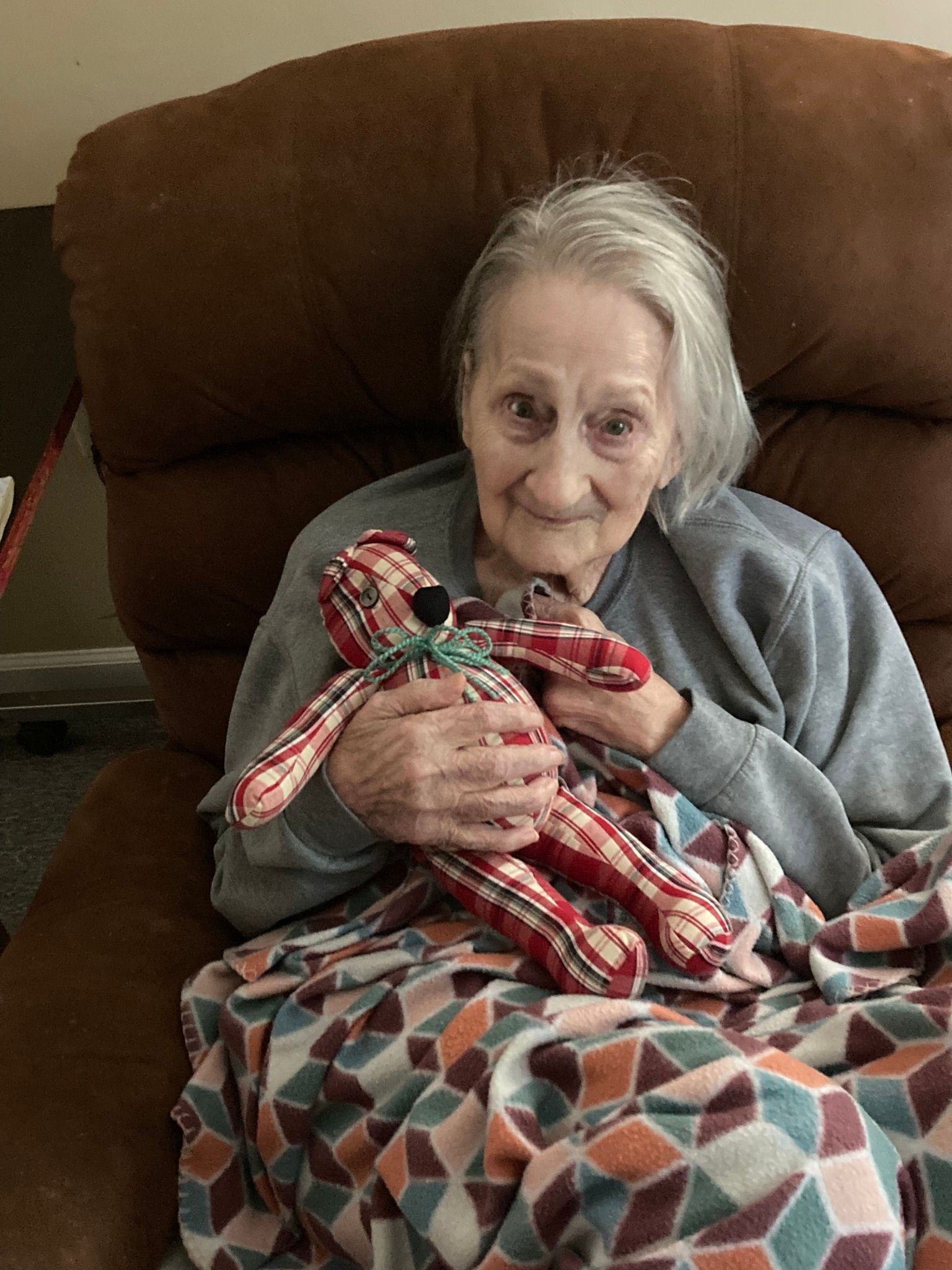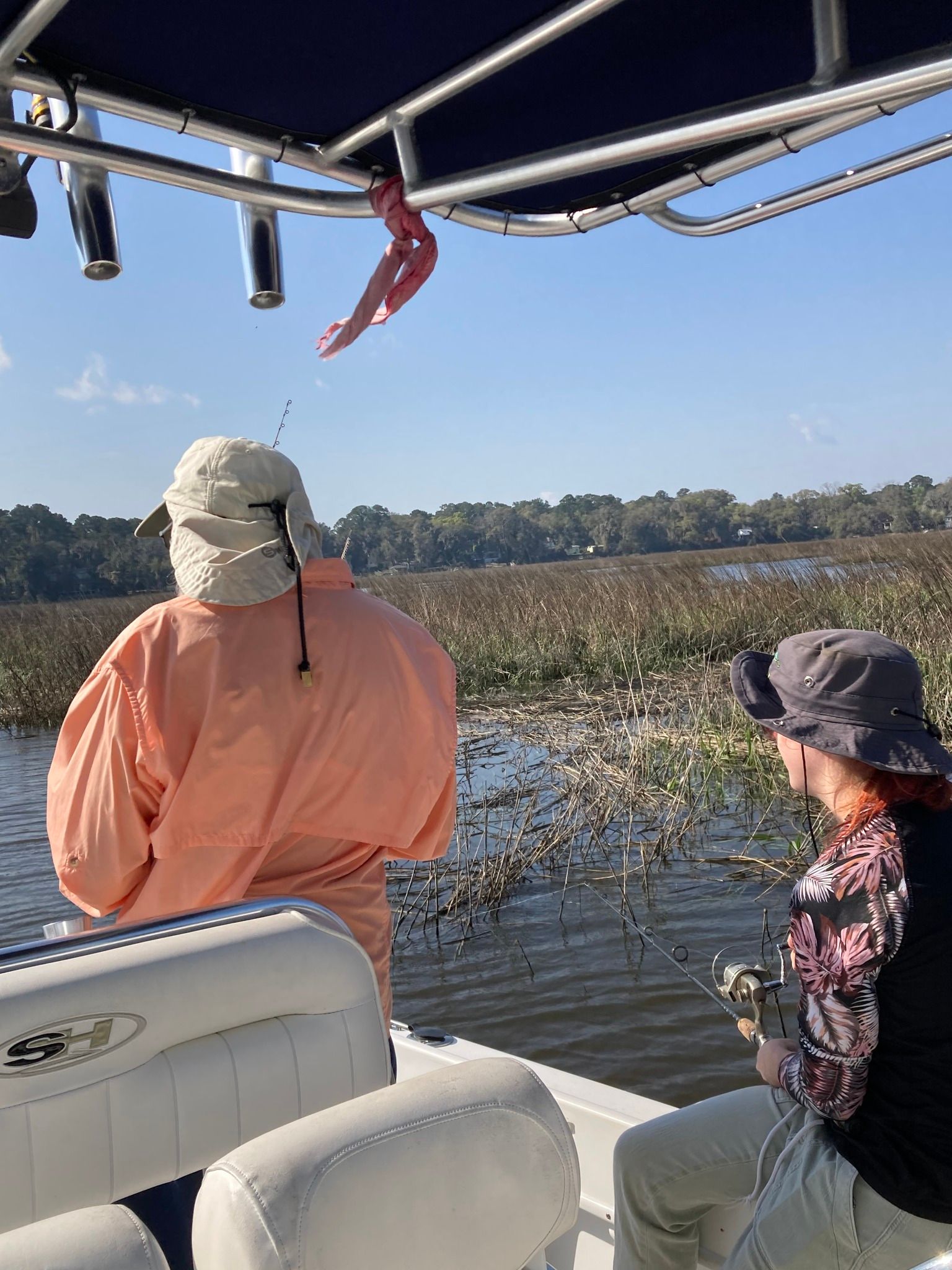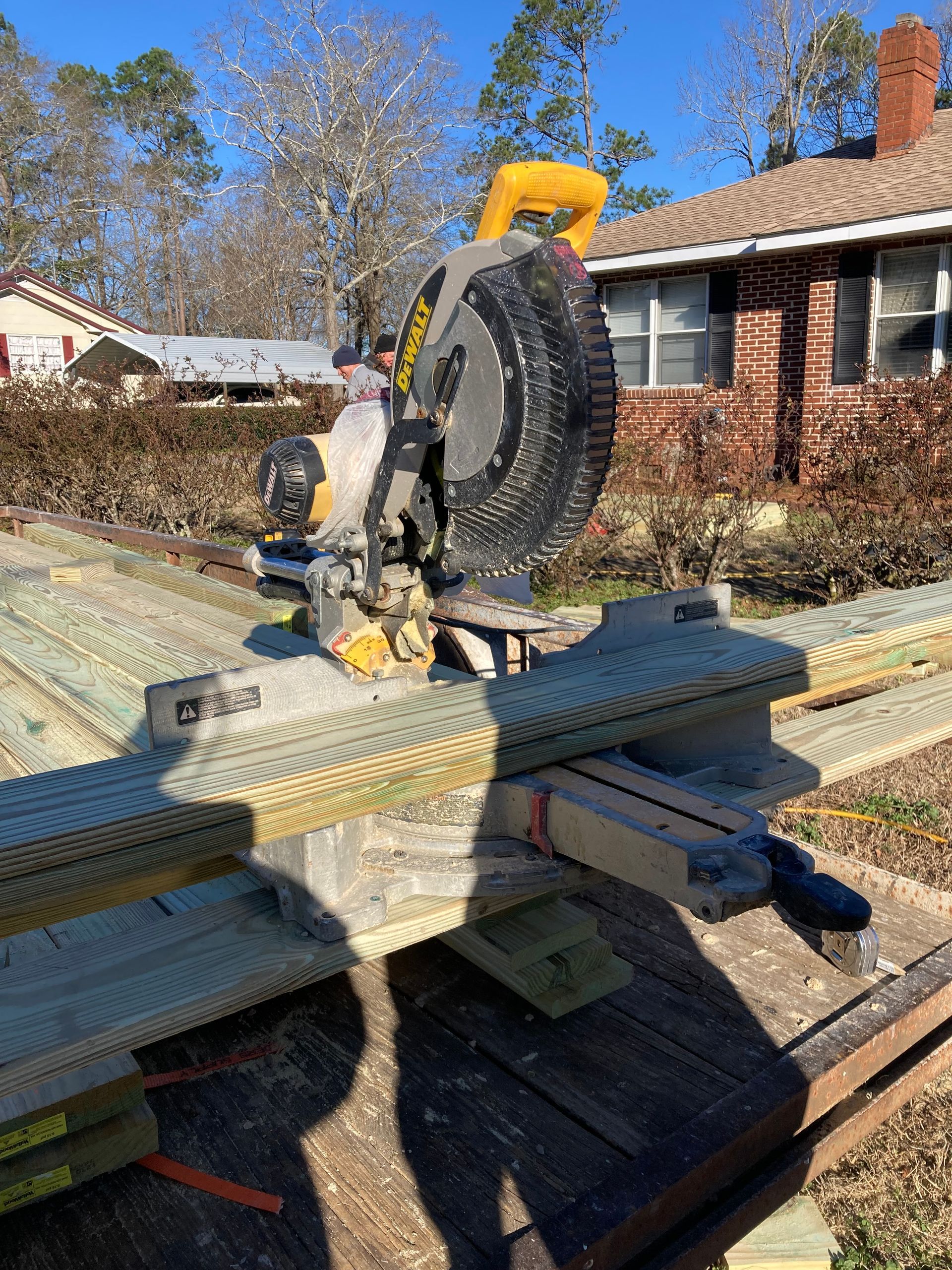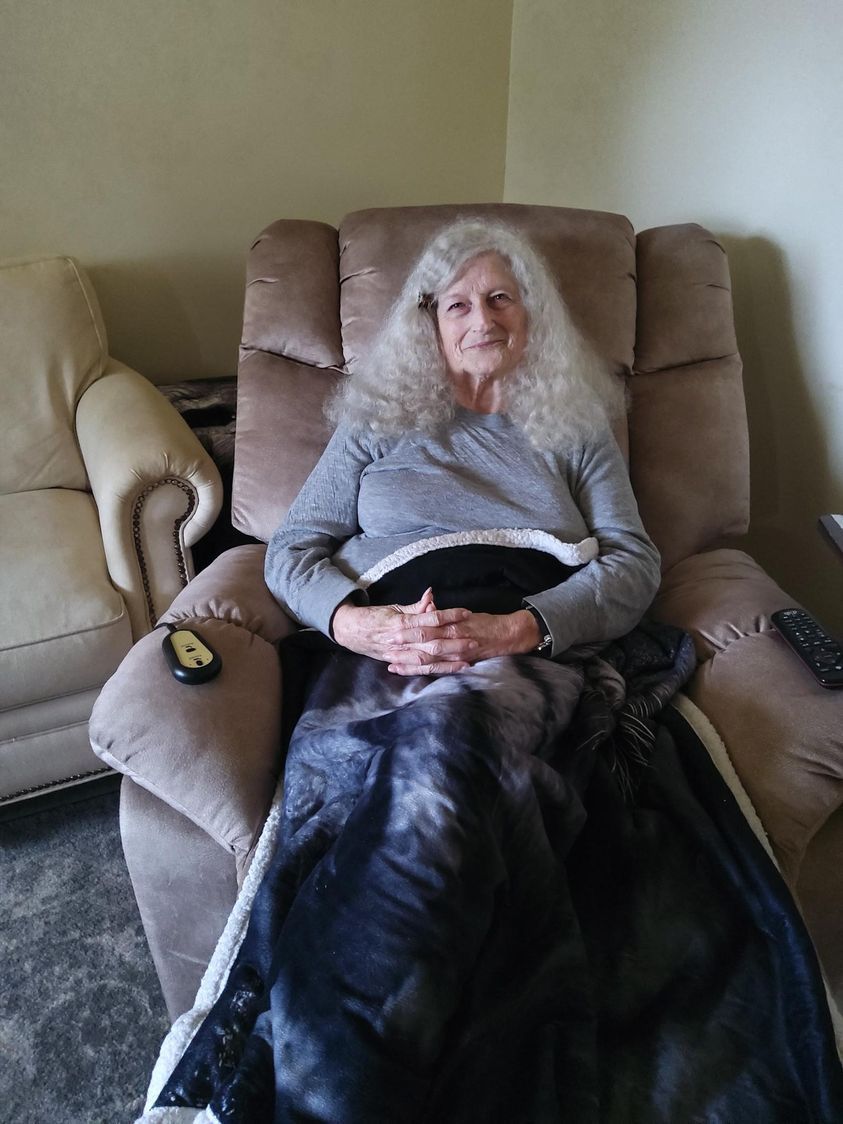What Happens When A Loved One Is Dying?
What To Expect
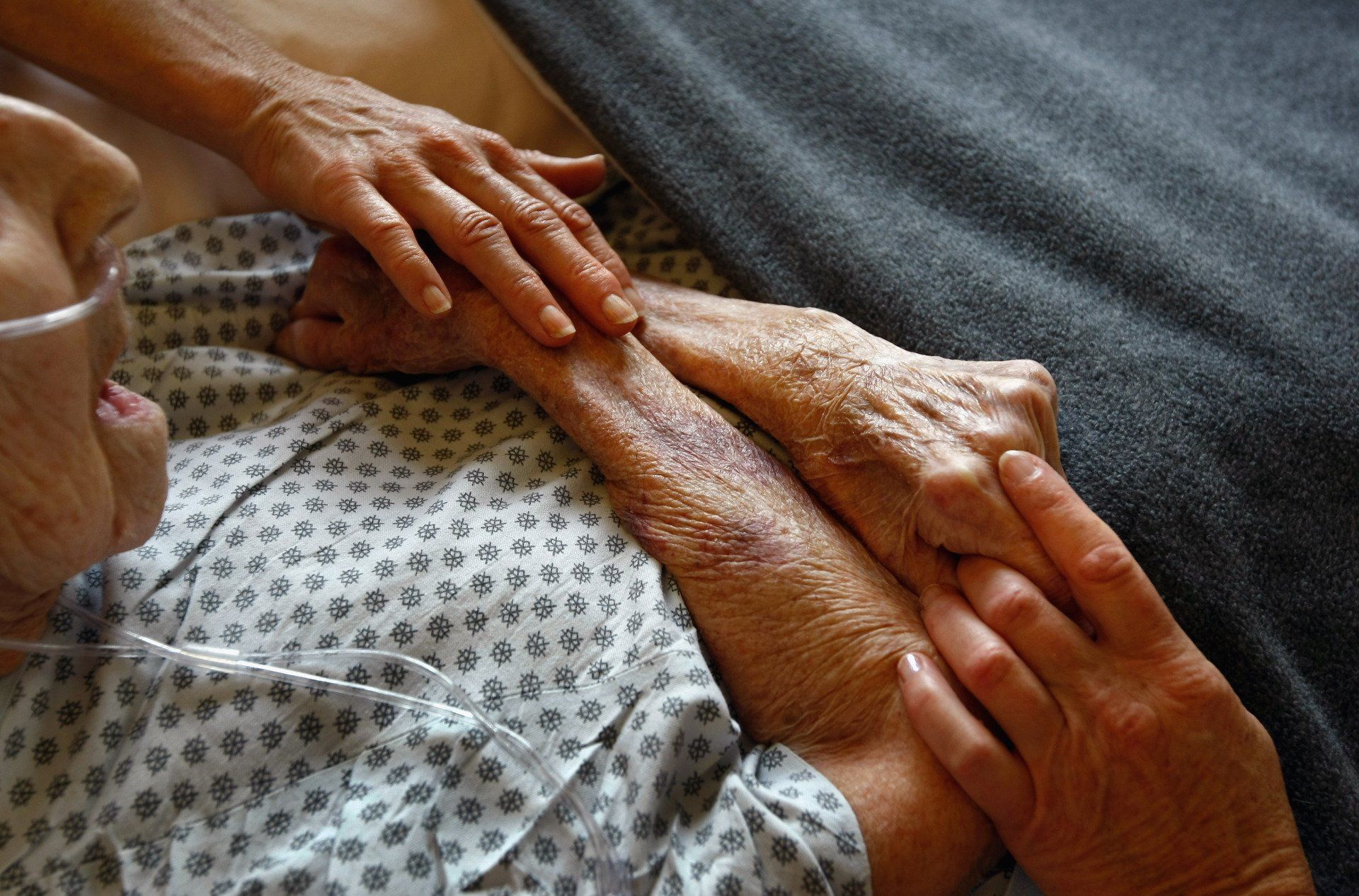
A frequently asked question of our hospice team is "What should I expect when the dying process begins" It can be scary if we don't know what to expect. The truth is that each death is as unique as its life. Some die quickly, without signs or symptoms, while others may hang on for a long time. There are many signs of impending death, and a person may exhibit none, a few, or many of them. There are no set rules. Below are some signs and symptoms that you may observe.
Change in consciousness
More tired than usual
Increased sleep
Withdrawal and/or less communication
Increased confusion
May see vision of deceased loved ones
Not as responsive -remember, loved ones can hear us even if they cannot respond
Significant decrease in appetite or refusal of food
This is often a difficult sign for loved ones because so many of us express our love and nurture one another with food and drink
Terminally ill people do not die because they stop eating; they stop eating because they are dying
Dehydration
Dry mouth and lips
Medical evidence states clearly that dehydration at the end of life aids a natural and compassionate death
Forcing fluids can actually lead to a more uncomfortable death; as the body needs less, fluids can cause choking and/or swelling in hands and legs or even in the lungs
Blood pressure/Pulse rate
Blood pressure often lowers
Pulse rate can increase or decrease
Body temperature
Fluctuates between cold and hot; but generally, the extremities are colder
Perspiration may occur
Skin color
Changeable over time
Mottling a decrease in circulation that looks like bruising the nail bed of the hands and feet may be bluish because of decreased circulation A pale yellow color (not jaundice) may appear
Decrease in urine output
Little or no output Urine may be dark
Patient may lose bladder and/or bowel control
Eyes
May become too dry or too moist with a glassy look
May be open or partly open Eyes may appear not to focus
Changes in breathing patterns
Breathing may become more labored, slower, and/or very irregular
Breathing may stop for 15, 30. 45 or more seconds before beginning again
Restlessness
Can occur because of decreased oxygen in the blood
Respiratory Congestion
The sound of moist (rattle like) reparations can be very disturbing to loved ones, although it does not seem to bother patients
Repositioning and medication can help
The Last Hoorah
Up to twelve days or hours before death, some patients regain temporary consciousness or have a temporary burst of energy that allows them to connect with their loved ones, eat, drink and even sit up and walk around
Unfinished Business
Sometimes loved ones seem to hang on, when all of their signs and symptoms point to imminent death. This may be the time to:
o Give your loved one the opportunity to make peace with their higher power with a visit from a spiritual counselor
o Express gratitude and love
o Ask and grant forgiveness Complete any old business
o Give your loved one permission to go
o Tell them you will miss them
o Let your loved one know that you and other surviving loved ones will take care of one another and that you will be okay
The Hope Chest
